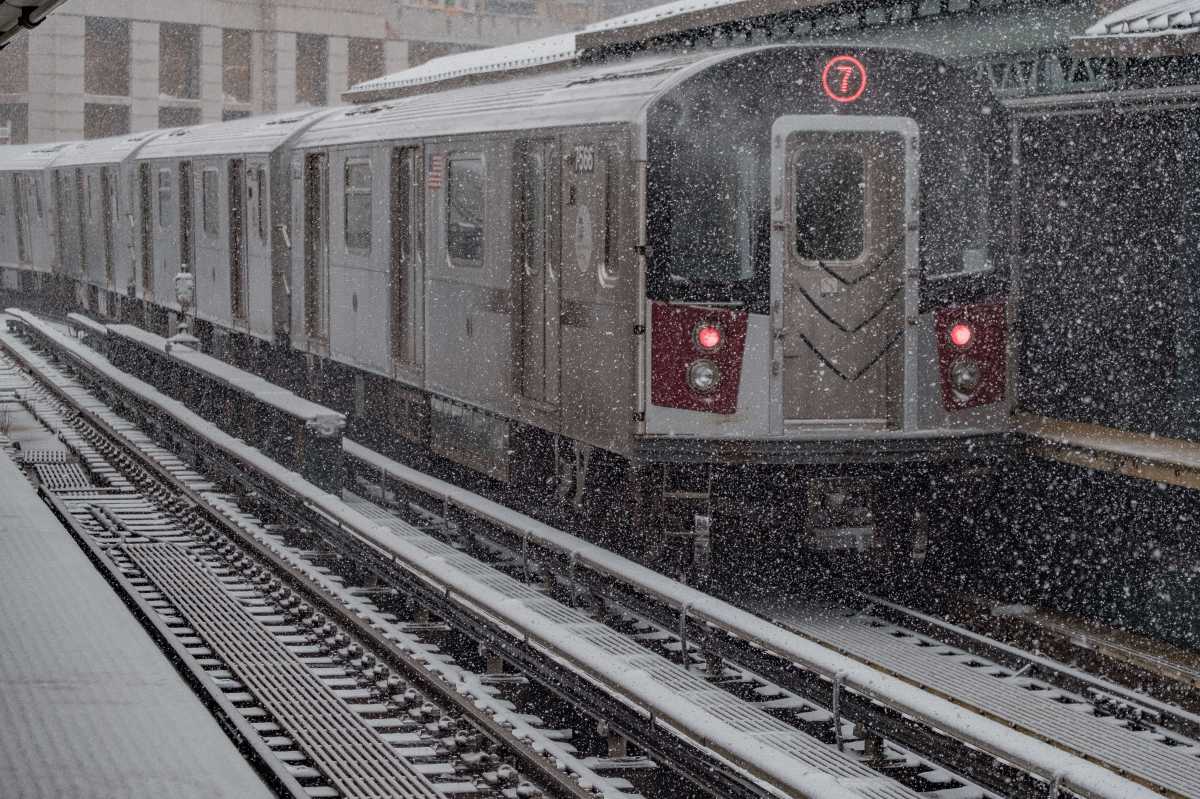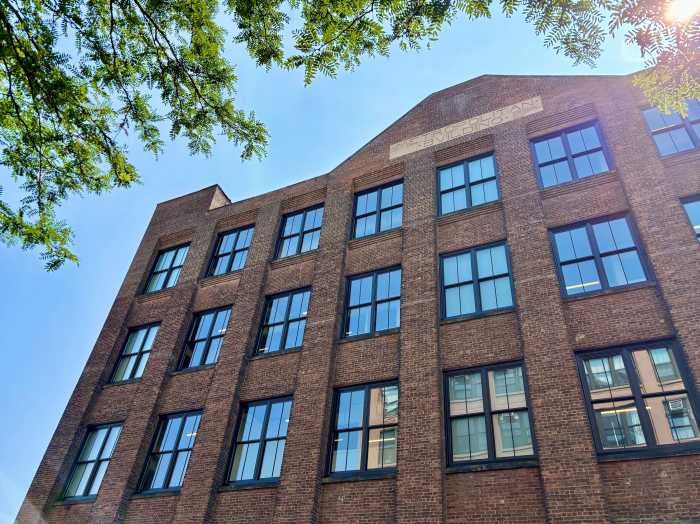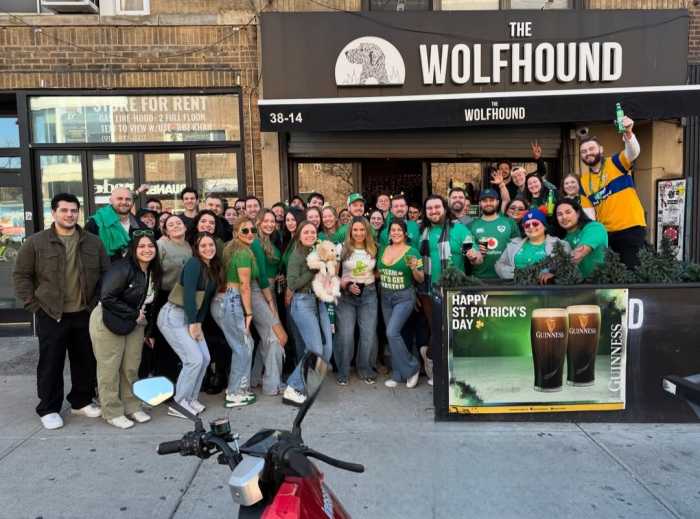MTA President Patrick Foye briefed the press Monday on details regarding congestion pricing that he argued would have benefits beyond better mass transit.
Foye, whose appointment was formally announced on April 1, did not have details on pricing or specific points of tolling, but offered a clearer image of how drivers will pay to access Manhattan below 60th Street known as the Central Business District.
“Central Business District tolling is a transformative initiative that will support critical investments in our transit system, reduce pollution and emissions while improving air quality,” Foye said. “Make no mistake, this won’t fix all our problems. We still have a rapidly aging system and growing structural deficit on the operating side. We still have to reduce our costs, increase our efficiency and reform the MTA.”
According to Foye, people making $60,000 per year or less will be less impacted through a refundable credit, and use of the highways in Manhattan will be exempt from the toll. This means motorists heading uptown will be able to avoid the cost.
Tolling will start no earlier than Jan. 1, 2020, Foye said, once members of the Traffic Mobility Review Board pieces together recommendations for the full implementation.
While congestion pricing is expected to raise $15 billion for the next five-year capital plan to start in 2020, Foye said $7 billion from the federal government and revenue from other taxes will bring the MTA $32 billion total.
The next capital plan is to be announced in October and that leaves the agency just short of New York City Transit President Andy Byford’s $40 billion Fast Forward plan.
“To be at the $32 billion level is frankly an extraordinary achievement. It’s really almost hard to overstate the importance of what happened in Albany early this morning,” Foye said. “Getting congestion pricing after fits and starts and frankly years, over a decade of failure is an incredible achievement by the governor and Legislature.”
Then-Mayor Michael Bloomberg first attempted to implement congestion pricing in 2009, but the plan was shot down in Albany.
Many of the outer borough elected officials still hold opposition claiming congestion pricing would only cripple commerce and close off residents of Queens from services and amenities only available in Manhattan.
But Lior Rachmany, the CEO of Dumbo Moving, took a counter-intuitive stance in favor of congestion pricing claiming it would open up streets, allowing for better logistical management, fewer tickets and less time spent at meters.
“If passed, we think this will lessen the accidents our drivers, and others, get in and the tickets that they receive. This will also allow us to complete our jobs faster and allow us to plan and map out the logistics of each move more efficiently,” Rachmany told QNS. “Most non-New Yorkers are unaware of the actual traffic experience [in the city], as NYC is a unique metropolitan area and not as restricted as European cities – the taxi and ride share services are essentially unlimited here. We have the oldest subway system in the world and will reap incredible benefits from its renovation.”
Assemblyman David Weprin and senators Leroy Comrie and John Liu formed the core of opposition to congestion pricing after Governor Andrew Cuomo announced in 2017 that it was idea whose time had come.
Only about 3 to 5 percent of communities in eastern Queens have been projected be affected by congestion pricing but Councilman Barry Grodenchik has argued that in a highly populated district with few transit options, it could have a much bigger impact than the numbers would imply.



































